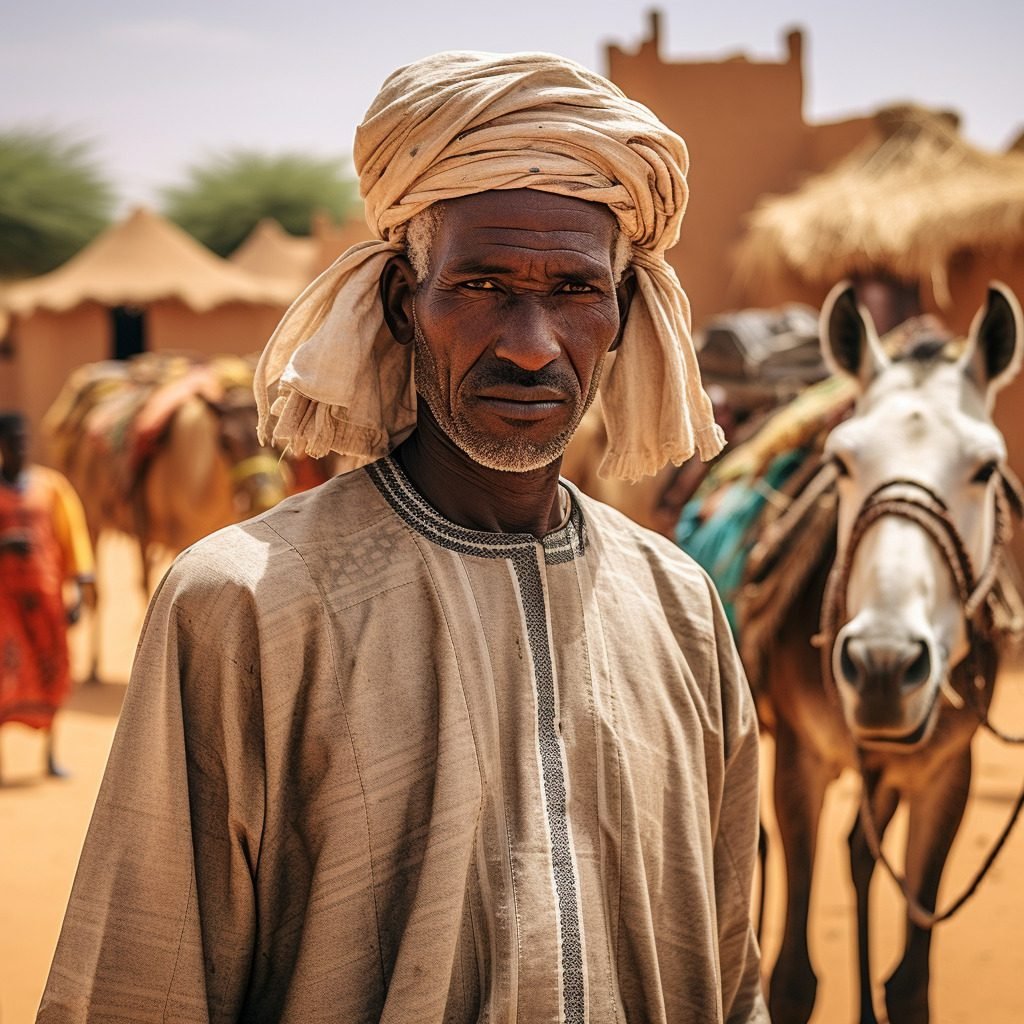Introduction
Traveling to a new country can be an exciting and enriching experience, but it’s important to familiarize yourself with the rules and cultural norms of the destination. Understanding and respecting these rules not only shows appreciation for the local culture but also helps to ensure a smooth and enjoyable trip. In this article, we’ll explore some important rules and cultural norms to be aware of while traveling to Niger.
Key Elements
Element 1: Dress Code
Niger is a predominantly Muslim country, and it’s important to dress modestly, especially when visiting religious sites or rural areas. Both men and women should avoid wearing revealing or tight-fitting clothing. Women are expected to cover their shoulders, chest, and legs, with long skirts or pants and loose-fitting tops. Men should avoid wearing shorts and sleeveless shirts in public. By dressing respectfully, you show respect for the local culture and religious beliefs.
Element 2: Greeting and Communication
Nigeriens place great importance on greetings and respect. When greeting someone, a handshake is the most common form of greeting, accompanied by a warm “Sannu” or “Bonjour” (in French, the official language). It’s also customary to address elders and people of authority with the respectful term “Haji” before their name. When communicating, it’s important to be patient and respectful. Avoid interrupting or raising your voice, as this may be seen as rude or confrontational.
Element 3: Etiquette in Public Spaces
Nigeriens value privacy and personal space, so it’s important to be mindful of this while in public. Avoid loud conversations or disruptive behavior in public areas such as cafes, markets, or public transportation. It’s considered impolite to point with your index finger, so use an open hand or nod your head to indicate something. Additionally, it’s customary to remove your shoes before entering someone’s home or a mosque. Respecting these cultural norms helps to create a harmonious environment for both locals and visitors.
Element 4: Photography and Privacy
When taking photographs in Niger, it’s important to ask for permission before capturing someone’s image, especially in rural areas or when photographing religious sites. Some locals may be uncomfortable having their picture taken, so it’s best to respect their privacy and wishes. Also, photography is strictly prohibited in certain areas, such as military installations and government buildings. Always be aware of your surroundings and follow any rules or restrictions regarding photography.
Element 5: Customs and Traditions
Niger has a rich cultural heritage with various customs and traditions that should be respected. For example, it’s customary to accept food or drinks offered to you, as refusing may be seen as impolite. Nigeriens also highly value hospitality and may invite you into their homes for a meal or tea. Accepting the invitation is a polite gesture, and it’s important to show gratitude. Additionally, Niger is a conservative society, and public displays of affection should be avoided as it may be offensive to some.
Tips for Traveling
Now that we’ve explored some key elements of rules and cultural norms in Niger, let’s discuss a few practical tips for traveling to this beautiful country:
- Research Before Your Trip: Familiarize yourself with Niger’s history, culture, and customs before your trip. This will help you better understand and appreciate the local way of life.
Learn a Few Basic Phrases: While French is the official language in Niger, learning a few basic greetings and phrases in the local languages, such as Hausa or Zarma, will go a long way in showing respect and making connections with the locals.
Dress Appropriately: As mentioned earlier, dressing modestly and respectfully is important. Pack lightweight and breathable clothing that covers your shoulders and legs, especially if you’re planning to visit religious sites or rural areas.
Respect Religious Practices: If you’re visiting a mosque or observing a religious ceremony, it’s important to adhere to the customs and guidelines of the place of worship. Remove your shoes, dress conservatively, and maintain a respectful demeanor.
Stay Hydrated: Niger has a hot and arid climate, so it’s crucial to stay hydrated. Drink plenty of water and avoid tap water. It’s safer to stick to bottled water or other sealed beverages.
Be Mindful of Security: Niger, like many other countries, has its own security concerns. Stay informed about the current situation and follow any advice or guidance provided by local authorities or your embassy. Avoid traveling alone at night and in remote or disputed areas.
Remember, these tips are meant to provide general guidance, and it’s always a good idea to consult official government travel advisories and regulations for the most up-to-date information.
Disclaimer
The information provided in this article is for informational purposes only and should not be taken as legal or professional advice. Rules and cultural norms may vary, and it’s essential to consult official sources and seek guidance from relevant authorities before traveling to Niger or any other destination. Travelers should always prioritize their safety and well-being while respecting the local customs and culture.



